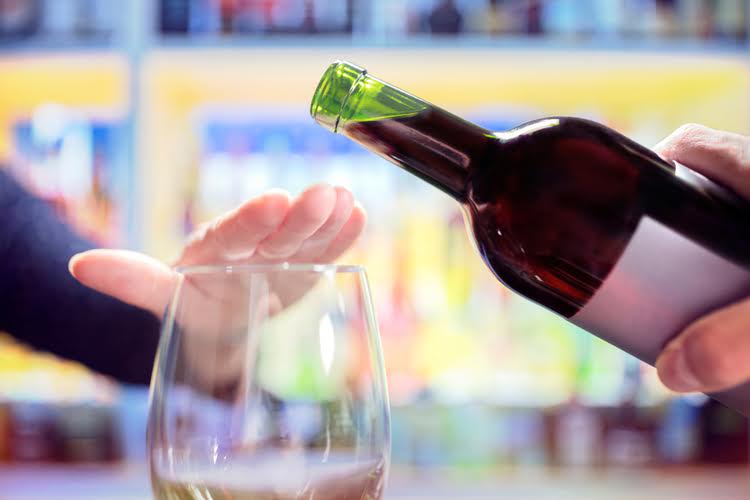If the question comes from someone you know well, you may want to say that drugs or alcohol became a problem for you, so you’re staying away from them. If you don’t know the person well, simply saying you have to get up early the next morning or you quit for health reasons should be enough. Just as no one treatment plan fits all people, https://anekdotig.ru/news/page/10/ no one treatment plan may be suitable for the entire time you are in a formal treatment program. As your needs change, so too should the treatment plan. Medical support can also wean you from certain substances slowly, helping the brain and body adjust to the loss of the substance more gradually and minimizing some withdrawal symptoms.
- It may help to pick a quit date, or a day when you choose to discontinue use of alcohol or drugs.
- Sobriety is kind of like the fast-pass line at Disneyland, except the ride is growing up.
- Because he is a member of a support group that stresses the importance of anonymity at the public level, he does not use his photograph or his real name on this website.
- If you’re having a hard day, they will rush to your aid to ensure you don’t slip back.
- Returning back to your old stomping grounds is one of the fastest ways to relapse.
- If you’re relying on a friend, family member, or someone else to hold you accountable and keep you from relapsing, you’re missing out on the growth and development that comes with recovery.
Medically supervised withdrawal involves 24-hour access to nursing care and a medication plan directed by a physician. The goal is to make you as comfortable as possible as you withdraw from alcohol https://onyourmark.org/programs/ use. There are various addiction treatments available to help people achieve and maintain sobriety. Generally, sobriety is viewed as the achievement of enjoying a successful life in recovery.
Let me tell you a secret: all the good times that you think are down to the booze, aren’t.
Alcohol misuse takes over lives at the expense of essential activities. Someone addicted to alcohol eventually becomes completely focused on obtaining alcohol, consuming it, and dealing with the consequences of drinking, like blackouts and hangovers. Hobbies, friendships, and responsibilities fall by the wayside as alcohol consumes the majority of https://www.universator.com/NewtonUniversalLaw/examples-of-scientific-laws-and-theories a person’s time. Alcoholics Anonymous or Narcotics Anonymous groups help people struggling with substance abuse and addictions. Connecting with other people who are experiencing the same challenges as you can be comforting and helpful. Most rehab treatment centers discuss and recommend aftercare services following initial addiction treatment.

Although these new activities are healthy and productive, they can be a stumbling block to lasting recovery if they become a transfer addiction to fill the void left by the original addiction. If PAWS is severe or if you’re experiencing prolonged symptoms, a medical professional can help you work through them and remain in recovery without relapse. Depending on the type of dependency, PAWS can last from six months to two years after you stop using drugs or alcohol. Some definitions of sobriety call for complete lifelong abstinence while others focus on developing coping mechanisms that can reduce harm with the understanding that setbacks are common. A reputable treatment program provides these specialists. If you’re relying on a friend, family member, or someone else to hold you accountable and keep you from relapsing, you’re missing out on the growth and development that comes with recovery.
Building Physical and Mental Health
Relapse can and does happen, but it’s also preventable. Knowing relapse signs can help you recognize your risk of relapse. It’s impossible to know how you’ll react and how your life will change when getting and staying sober.
- If there are any concerns about content we have published, please reach out to us at
- Without the influence of substances, you have the opportunity to enjoy sober relationships while ending toxic relationships.
- You may not exercise because you’d rather drink or you’re spending time nursing hangover symptoms.
- Admitting that there’s a need for a change in your life can be one of the most challenging parts of getting sober.